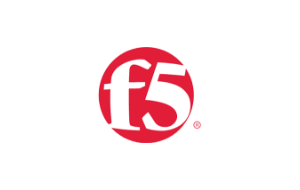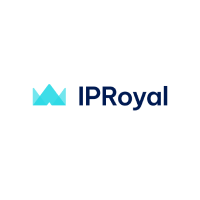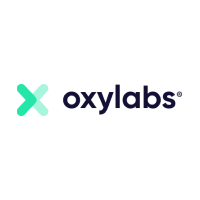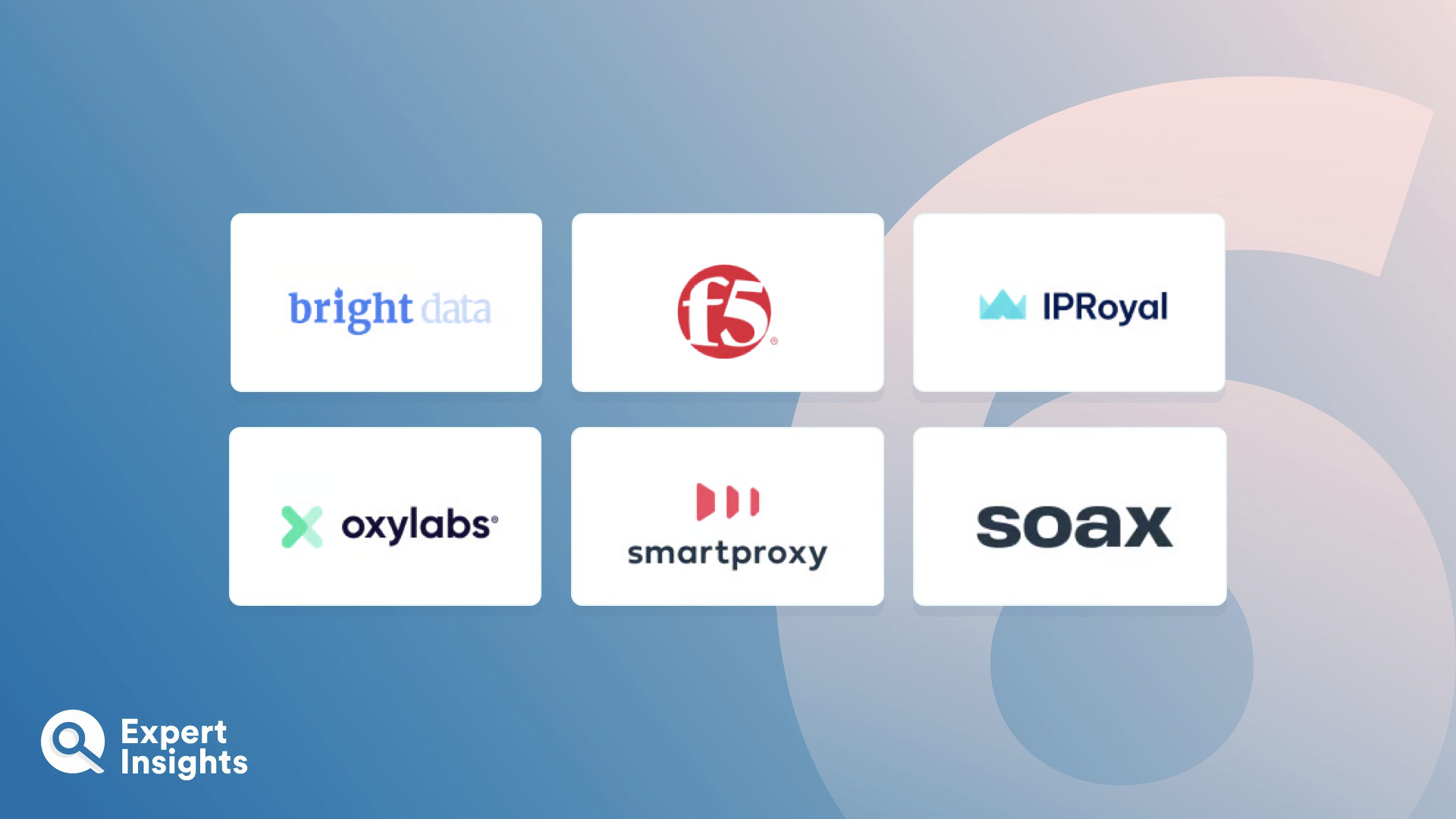Everything You Need To Know About Proxy Network Software (FAQs)
What Is Proxy Network Software?
Proxy network software solutions, also known as proxy servers, enable users to efficiently manage and streamline their internet activities, while maintaining privacy, security, and anonymity. They implement proxy servers—also known as “proxies” or “application-level gateways”—that act as an intermediary between the client (the user’s device) and other servers that host data that the client is looking for (e.g., websites the user is browsing). So, when a user searches the internet using a proxy server, their internet traffic goes through the proxy before it reaches the user’s computer.
Proxy servers are anonymous, and they have their own unique IP address—to the client, the proxy server looks like a backend server, and to the backend server, the proxy server looks like a client. This enables proxy servers to provide privacy whilst browsing.
As well as providing anonymity by forwarding web requests, modern proxy servers can be set up as a firewall or web filter that encrypts traffic and scans it for malware to help prevent malicious traffic from entering the user’s network. They can also block access to specific web pages based on IP address, to stop users from visiting harmful or malicious websites. Finally, proxies can provide shared network connections and cache data to speed up common requests, helping to improve browsing speeds and network performance.
It is worth noting that, while proxies provide a range of benefits, particularly for developers or businesses that operate globally, they can also be abused—and abusing a proxy can lead to legal consequences.
Legitimate uses of proxy servers include:
- Market research
- Ad verification
- Brand protection
- Bypassing geo-restrictions
- Scraping data from public websites
Inappropriate uses for proxies—in particular, residential proxies—include:
- Scraping protected data
- Hiding malicious network activity such as DDoS attacks or phishing attempts
- Infecting a proxy with malware (note: we strongly suggest you avoid free proxy services advertised online, as these may well be infected with malware that will be installed on your machine when using the proxy)
How Does Proxy Network Software Work?
Every device connected to the internet has an IP address. This is a unique string of characters that allows the device to be identified when communicating over the internet. So, just like the mailman uses your home address to deliver your mail, the internet uses IP addresses to deliver data to the right computer.
A proxy server also has its own unique IP address.
Typically, when a user accesses a website, they send a direct request to its web server from a web browser, via their IP address. The web server then sends a response directly back to the user. However, with a proxy in place, this is slightly different. The proxy acts as a “middleman” between the user and the web server, thereby protecting identity.
Different types of proxies work slightly differently, but a standard proxy configuration involves the following workflow:
- A user searches for a website by entering its URL into their browser.
- The proxy server receives and interprets the user’s request.
- The proxy server forwards the user’s request to the right web server.
- The web server reads the IP address of the proxy and sends a response back to that IP address.
- The proxy server receives the response and checks if for possible threats, such as malware.
- The proxy server forwards the response to the user.
What Are The Different Types Of Proxy Server?
There are lots of different types of proxy server. Some of the most common proxy servers include:
- Forward proxies. A forward proxy sits in front of clients and transfers data between groups of users within an internal network and the internet. When a user sends a request, the proxy server allows or denies the request. If allowed, the proxy forwards the request to the web server, which sends it response back to the proxy, to be forwarded back to the user. Forward proxies are useful for internal networks that need a single point of entry between the network and the internet. They provide IP address security and are easy to manage, but they’re limited in their ability to configure rules for individual end users.
- Reverse proxies. A reverse proxy sits in front of web servers and forwards requests from clients (e.g., browsers) to those web servers. It then receives replies from those servers and sends them back to the client. Reverse proxies can help reduce bandwidth load. This is especially useful for websites with a lot of traffic and need to balance the load of incoming requests. However, network admins using reverse proxies should implement strong firewalls because, if penetrated by a hacker, these proxies can expose the HTTPS server architecture.
- Anonymous proxy servers. One of the most commonly used type of proxy, an anonymous proxy makes internet activity untraceable by hiding the user’s identity and computer information while browsing. Anonymous proxies are useful for users who want to hide their geo-location, avoid targeted marketing, or access sites that are censored in their actual location.
- Transparent proxies. A transparent proxy gives users a browsing experience identical to what they’d normally experience without a proxy. This means that they can be rolled out without the user knowing, so they’re useful for businesses that want to implement a proxy without compromising user experience. However, transparent proxies can be more susceptible to certain security threats, such as SYN-flood denial-of-service.
- Public proxies. A public proxy, also called an “open” or “shared” proxy, is available for anyone to use, free of charge. Public proxies hide the user’s IP address, giving them anonymity whilst browsing. However, public proxies are prone to lagging due to large numbers of people using them, and their open nature means that if a user shares sensitive data through the proxy, other internet users could access that data.
- Private proxies. A private proxy, also called a “dedicated” proxy, gives individuals exclusive access to their own dedicated IP address. Private proxies are a more expensive alternative to public proxies, but the higher price point ensures higher levels of security.
- Residential proxies. A residential proxy gives the user an IP address that belongs to a specific device, then channels all requests through that device. Residential proxies are often used for ad verification; users can block cookies and unwanted ads from competitors or threat actors.
What Are The Benefits Of Using Proxy Network Software?
There are five main benefits to using proxy network software:
- Improved security. Perhaps the most important benefit of using proxy servers is that they can filer malicious web traffic such as phishing, DDoS attacks, man-in-the-middle (MitM) attacks, and malware, preventing these attacks from reaching end user devices. Some proxy servers also offer traffic encryption, or a web gateway that blocks user access to known malicious websites.
- Increased privacy. Proxies hide the client’s IP address from internet servers. This means that those internet servers cannot identify the company that generates a request. This can be incredibly useful for carrying out research anonymously.
- Faster speed and performance. Proxy servers cache frequently visited websites (i.e., save a copy of those websites locally), which can speed up data transfer and conserve bandwidth, thus improving loading times. They can also compress traffic and filter ads, which can also help improve speeds.
- Unrestricted access to blocked resources. Some websites only allow access to IP addresses from a certain location. Because proxy servers mask the user’s IP address, they enable users to access websites that might usually be censored in their actual location.
- Accurate market research. Changing their IP address can also enable users to carry our marketing activities such as market research, SEO, web scraping, and price aggregation. This data is often dependent on geo-location, so using rotating proxies can help return better results.
- Controlled internet usage. Proxy servers can be used to prevent employees from accessing certain websites on company time. They can also log web requests, which allows network admins to monitor their users’ browsing activities.












